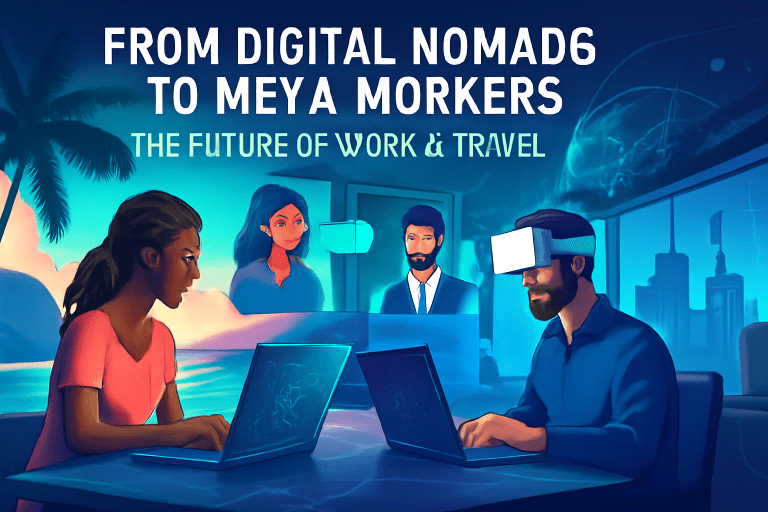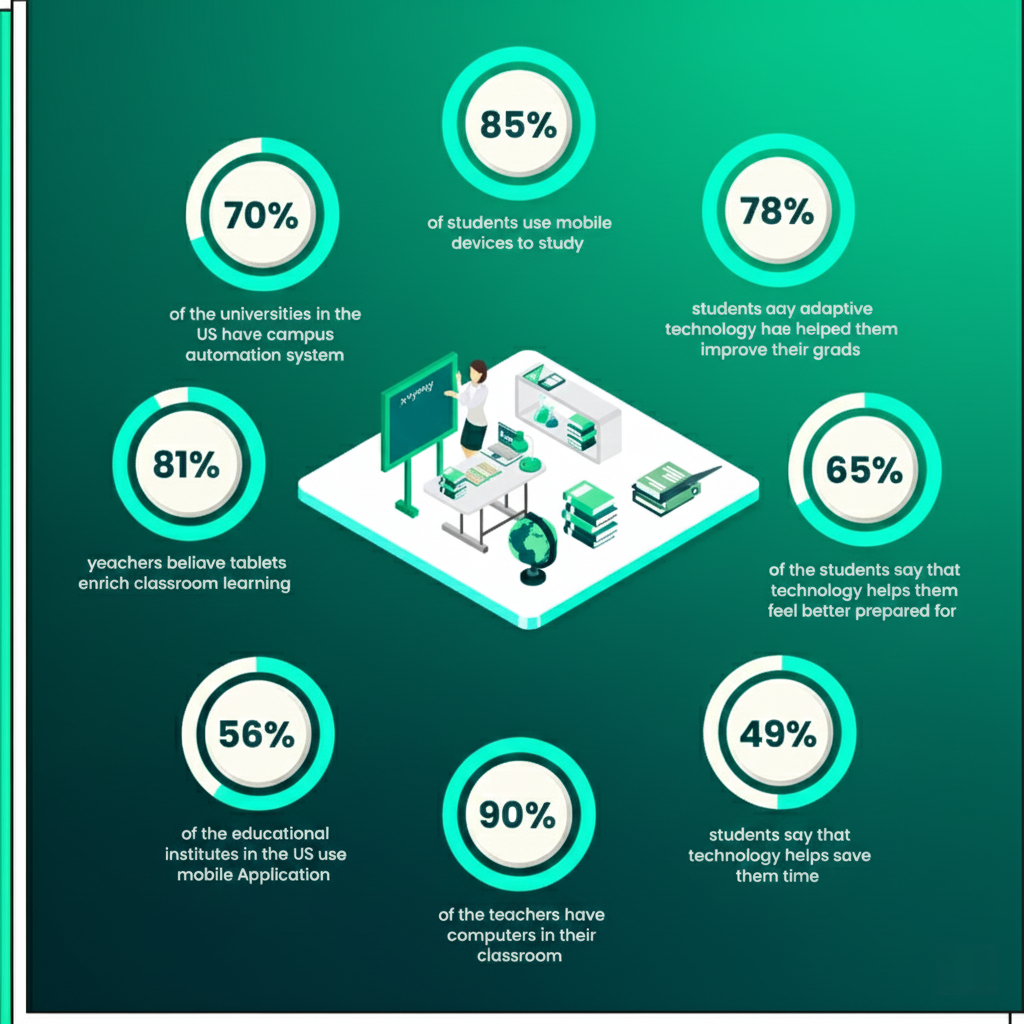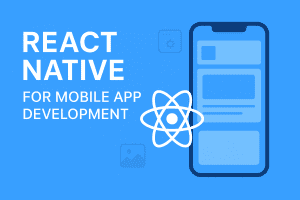Introduction
The way we work and travel in 2025 is unlike anything seen before. Thanks to accelerated digital transformation and the rise of immersive technologies, the lines between career and lifestyle are rapidly blurring. Digital nomads, once a niche community of remote workers exploring the globe, now lead a revolution—ushering in the age of the “meta-worker.” Whether collaborating from tropical beaches or inside virtual office spaces, today’s professionals expect flexibility, inclusivity, and experience-driven work-life balance. This blog explores the evolution from digital nomadism to meta-working, key trends shaping the future of work and travel, and why this movement is reshaping how we live, connect, and achieve success.
The Evolution: From Digital Nomads to Meta-Workers
-
Digital Nomads in 2025:
-
The digital nomad lifestyle has become “mainstream,” with over 40 million people worldwide identifying as nomads.
-
Typical nomads are tech-literate, mid-career professionals, predominantly from the US, but with a rising share from the Global South and Gen Z.
-
Many travel with partners or families, not just solo.
-
Most digital nomads value flexibility, cultural immersion, and freedom, often changing locations every few weeks.
-
-
Meta-Workers: The Next Frontier:
-
Meta-workers use immersive technologies like VR and AR to engage in work from anywhere—physical or virtual.
-
In the “metaverse,” workers design customizable avatars, participate in virtual offices, and join global teams in 3D environments.
-
This move toward meta-working challenges traditional expectations around workplace identity, collaboration, and inclusion, offering new forms of expression and belonging.
-
Key Points:
-
High job satisfaction: Over 80% of digital nomads report satisfaction, noting improved quality of life and work independence.
-
Major job types: Software development, digital marketing, UX/UI, product management, writing, and AI-powered freelancing are common.
-
Annual income varies, but top earners (like developers and product managers) can make €58,000–€128,000/year.
The Future of Work & Travel: Trends, Destinations, and Impacts
Work Trends You Can’t Ignore
-
Hybrid Work and “Bleisure” Travel:
Hybrid models combining business and leisure travel are thriving. Professionals seek destinations with robust digital infrastructure, coworking spaces, and recreational opportunities. -
Meta-Workspaces:
Firms are investing in VR/AR, with 60% of workers wanting VR headsets in the office and 70% expecting to work globally via immersive platforms. -
Flexibility & Inclusion:
67% of organizations say they’ll lose talent without flexible/remote options. Face-to-face meetings are shifting to virtual or augmented reality spaces, creating a new paradigm of global collaboration. -
Slow & Sustainable Travel:
The “slow travel” and “regenerative travel” waves encourage longer stays and community impact, driven by remote professionals aiming for deeper cultural engagement and reduced environmental footprints.
Popular Destinations & Legal Evolution
-
Countries like Mexico, Georgia, Thailand, and Portugal remain top hotspots for digital nomads due to affordable cost of living, reliable internet, and supportive visa programs.
-
The Global South is rising fast, with locations like Colombia, Kenya, and the Philippines gaining attention for flexibility and value-for-money.
-
Governments are increasing compliance and creating digital nomad visas, making legal remote work more accessible worldwide.
Technology, Wellbeing, and Lifestyle
-
AI and automation tools make freelancing and entrepreneurship more efficient than ever.
-
Community-led nomad villages and eco-friendly coworking hubs are flourishing worldwide.
-
A strong emphasis on wellness, with professionals choosing destinations prioritizing health, nature, and work-life balance.
Conclusion
The convergence of digital nomadism and meta-working signals a radical shift in how we perceive, perform, and enjoy work and travel. As immersive tech, flexible policies, and global opportunities take center stage, more individuals are forging careers without borders—balancing freedom, innovation, and mindful living. Whether you’re a freelancer seeking new horizons or an exec rethinking virtual offices, now is the time to embrace the future of work and travel.
Ready to become a meta-worker or take your digital nomad journey to the next level? The world—and the metaverse—are open. Start shaping your future, anywhere.
FAQ
1. What is a meta-worker?
A meta-worker is someone who works using immersive digital technologies (like AR and VR) in virtual spaces, often represented by avatars and collaborating transcending physical boundaries.
2. Are digital nomads still relevant in 2025?
Absolutely! Digital nomad numbers are at an all-time high, with new types like “slowmads,” families, and hybrid-nomads gaining momentum.
3. Can I work legally while traveling abroad?
Yes. Many countries now offer digital nomad visas, making it easier to live and work remotely around the world.
4. How do metaverse offices change collaboration?
Virtual offices enable inclusivity, creative teamwork, and reduce the isolation of remote work by simulating real-world interaction in digital environments.
5. What jobs are best for digital nomads and meta-workers?
Software development, digital marketing, design, virtual assistance, content creation, and AI-driven roles are especially well-suited for remote, globe-trotting professionals.











